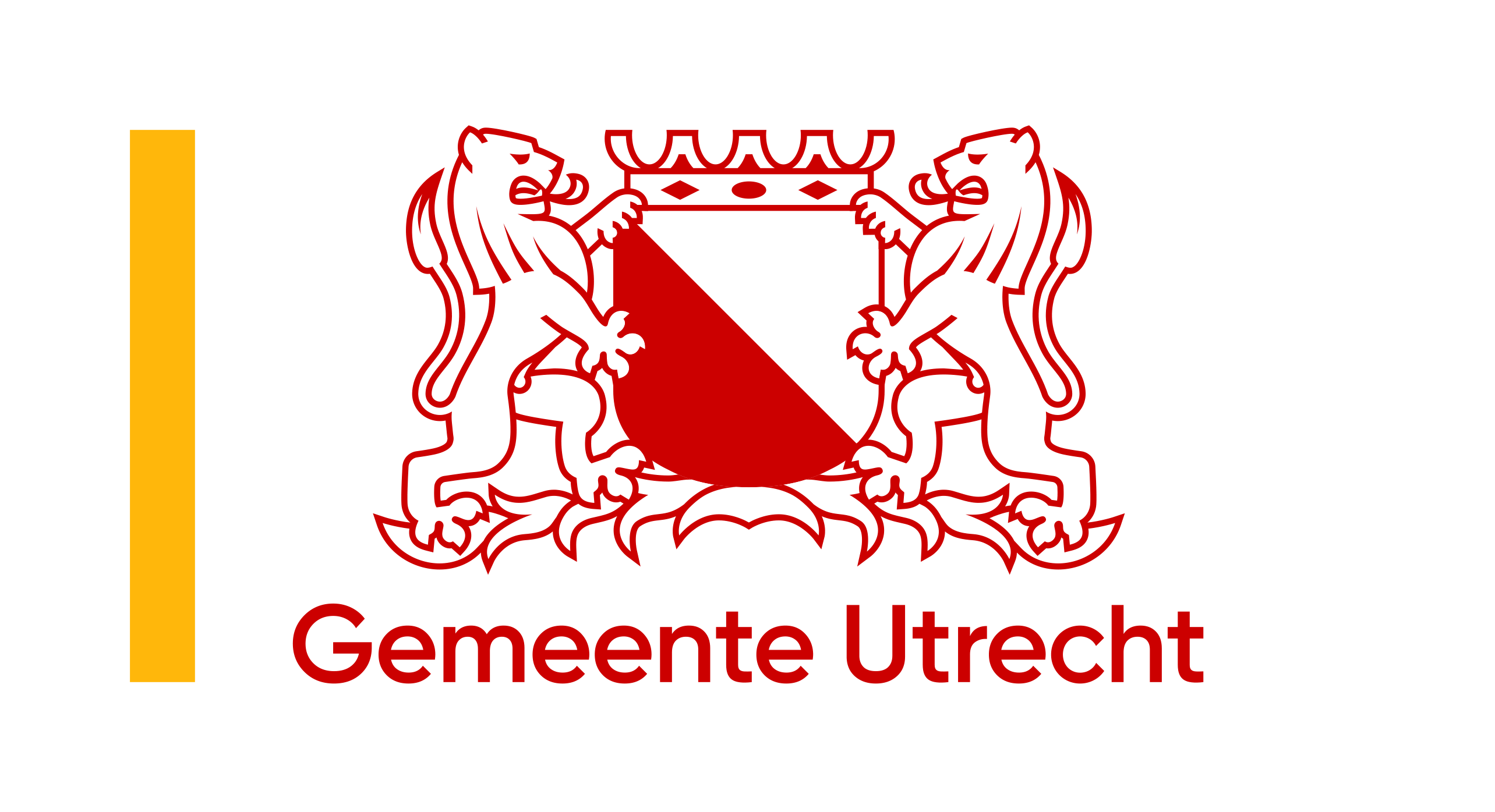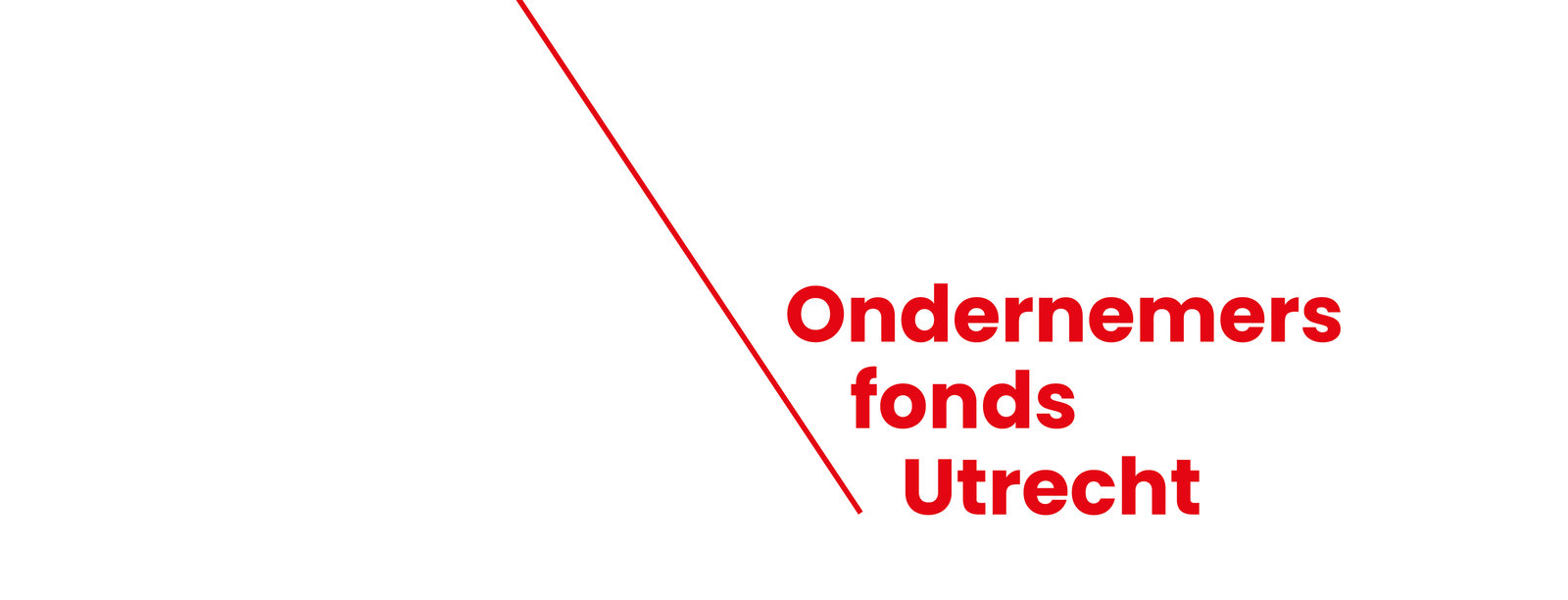Does AI improve the treatment of rheumatoid arthritis?
UMC Utrecht has received a European grant of six million euros for an international study on the use of artificial intelligence as a decision aid in the treatment of patients with difficult-to-treat rheumatoid arthritis. The STRATA-FIT study aims to use artificial intelligence to develop mathematical models that better recognize patient characteristics. It increases the likelihood that the patient will receive a successful customized treatment.
Rheumatoid arthritis (RA) can be difficult to treat in some patients, and some continue to have symptoms despite advances in treatment with modern anti-rheumatic drugs. RA can have high costs and serious medical consequences, such as permanent damage to joints. It is therefore important to find good treatment for this group as well. Properly identifying and treating patients with difficult-to-treat RA is a major challenge in daily practice. Decisions about starting anti-rheumatic drugs in this group of patients are often made more or less arbitrarily. Thus, these decisions are also insufficiently tailored to the medical and biological characteristics of the individual patient. In the future, physicians expect much from artificial intelligence in order to arrive at better treatment choices for these patients.
Mathematical models
The STRATA-FIT(Stratification of Rheumatoid Arthritis: CompuTational models to personalize mAnagement strategies for difFIcult-to-Treat disease) study aims to use artificial intelligence to develop mathematical models. These models will recognize characteristics of patients with difficult-to-treat RA. To do this, the researchers use large amounts of patient data from everyday practice and measure marker compounds for RA in blood samples. This will allow them to further characterize certain patient groups and classify them into groups. Next, they will conduct a study with a decision model developed using artificial intelligence. With this, the researchers will assess the efficacy of such personalized treatments. They are also developing a mathematical model to determine in patients with a recent RA diagnosis whether they have an increased risk of developing a difficult-to-treat form of this disease. This will eventually allow physicians to not only better treat patients with difficult-to-treat RA, but may also prevent the disease from turning into a difficult-to-treat form in patients recently diagnosed with RA.
Kick-off
The principal investigator of STRATA-FIT is rheumatologist Prof. Dr. Jaap van Laar. The study coordinator is methodologist Dr. Paco Welsing. They both work in the Department of Rheumatology and Clinical Immunology at UMC Utrecht. Jaap van Laar says, "May 30 marked the start of the STRATA-FIT Consortium. The kick-off meeting took place in Milan at the same time as the most important annual European Rheumatology Congress. All research partners and patient representatives participated here on behalf of the European rheumatologists' association EULAR. Here the plans were discussed in detail, including the important first steps in the project. Cross-links between the various tasks were exposed. At the end of the meeting, all participants were on the same page regarding the planning and implementation of this exciting project led by UMC Utrecht."
Treatment of difficult-to-treat RA improved
In recent years, treatment of patients with RA has improved significantly. Yet a proportion of patients continue to have symptoms despite treatment with modern anti-rheumatic drugs as recommended by the European Society of Rheumatologists. Hard-to-treat RA is an inflammatory disease with different manifestations and causes. The main problem is that the disease is difficult to control with patients having a reduced quality of life. They are also at risk of permanent damage to the joints. High healthcare costs arise because patients need frequent visits to specialists and frequent hospitalization. A recent study estimates that five to 20 percent of all patients with RA suffer from a difficult-to-treat form of this disease.
When is STRATA-FIT a success?
When STRATA-FIT is successful, it leads to better treatment of patients with difficult-to-treat RA. It also greatly improves the quality of life of these patients, at lower healthcare costs. For this study - which will last six years - UMC Utrecht will receive two million euros through the European Commission (out of a total budget of 6.1 million euros). The STRATA-FIT consortium builds on previous studies in the field of difficult-to-treat RA. It brings together rheumatologists, patients and experts in clinical, biological, data and computer sciences to address this major challenge.
De STRATA-FIT (Stratification of Rheumatoid Arthritis: CompuTational models to personalise mAnagement strategies for difFIcult-to-Treat disease) studie wil kunstmatige intelligentie gebruiken om wiskundige modellen te ontwikkelen. Deze modellen herkennen eigenschappen van patiënten met moeilijk te behandelen RA. De onderzoekers maken hierbij gebruik van grote hoeveelheden patiëntgegevens uit de dagelijkse praktijk en meten merkstofjes voor RA in bloedmonsters. Zo kunnen zij bepaalde patiëntengroepen verder karakteriseren en indelen in groepen. Vervolgens zullen ze een studie uitvoeren met een beslismodel dat ontwikkeld is met behulp van kunstmatige intelligentie. Hiermee beoordelen de onderzoekers de werkzaamheid van zulke gepersonaliseerde behandelingen. Ook ontwikkelen ze een wiskundig model om bij patiënten met een recente RA-diagnose te bepalen of zij een verhoogd risico op het ontwikkelen van een moeilijk te behandelen vorm van deze ziekte hebben. Hierdoor kunnen artsen op termijn niet alleen patiënten met moeilijk te behandelen RA beter behandelen, maar wellicht ook bij patiënten waarbij RA recent is vastgesteld voorkómen dat de ziekte verandert in een moeilijk te behandelen vorm.
Kick-off
De hoofdonderzoeker van STRATA-FIT is reumatoloog prof. dr. Jaap van Laar. De studiecoördinator is methodoloog dr. Paco Welsing. Zij zijn beiden werkzaam op de afdeling Reumatologie en Klinische Immunologie van het UMC Utrecht. Jaap van Laar zegt: "Op 30 mei was de start van het STRATA-FIT Consortium. De startbijeenkomst vond plaats in Milaan, tegelijk met het belangrijkste jaarlijkse Europese reumatologiecongres. Alle onderzoekpartners en patiëntvertegenwoordigers namen hier aan deel namens de Europese reumatologenvereniging EULAR. Hierbij werden de plannen in detail besproken, inclusief de belangrijke eerste stappen in het project. Dwarsverbanden tussen de verschillende taken werden blootgelegd. Aan het einde van de bijeenkomst zaten alle deelnemers op één lijn voor wat betreft de planning en uitvoering van dit spannende project onder leiding van het UMC Utrecht."
Source: UMC Utrecht








